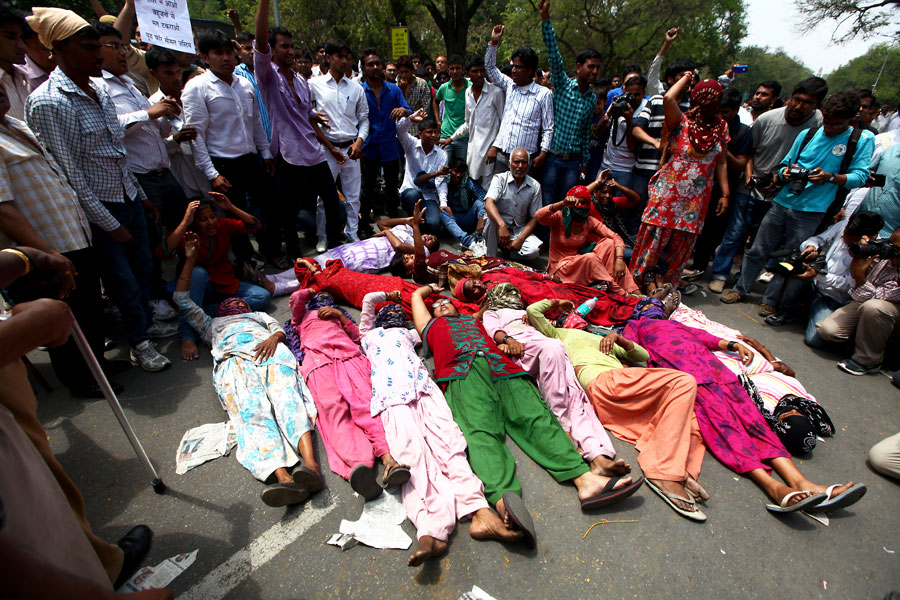Answering a global outcry for urgently desired action against caste-based rape and violence against women, the UN Human Rights Council held a side-event Tuesday dedicated to the issue.
Many human rights organizations, policy makers and India’s UN representative had asked rights groups to address the problem after it received attention following the gang-rape and hanging of two girls in India May 27.
The event, “Caste-based Violence against Women: The role of the UN in combating caste-based violence and discrimination,” was co-sponsored by Human Rights Watch, the International Movement Against All Forms of Discrimination and Racism (IMADR), Minority Rights Group, Franciscan International, and the Asian Forum for Human Rights and Development, Norway, Denmark, and the International Dalit Solidarity Network (IDSN) at the Palais des Nations in Geneva and urged member UN members to speak up about the problem, which is thought to be increasing.
Asha Kowtal, leader of a delegation of Dalit women to the Human Rights Council, stated, “Caste-based rape and violence against Dalit women and girls is escalating as we fight to claim justice.”
“Words and legislation is not enough,” said UN Women policy director, Saraswathi Menon. “We need concrete action. Legislation alone does not address structural discrimination. The UN has an important role to play and must step up to the plate to help stop caste-based violence against women.”
UN High Commissioner for Human Rights Navi Pillay said, “I urge governments to fully implement all the recommendations made by international human rights mechanisms, as well as those arising from national processes. Our outrage is not enough. We must take real and focused action to mend our societies’ dramatic failure to support the rights of people of discriminated castes, particularly women and girls.”
Caste-based violence and discrimination affect women in India, Nepal, Bangladesh, Pakistan, Yemen and other cultures that value caste.
By James Haleavy
